Companies encourage advancements in technology and services, usually by investing in research and development (R&D) activities. Even though the R&D may be carried out by a range of different experts from varied fields of research, the development process is often based on common principles and strategies to identify the direction of development. This methodology structures the R&D of new technologies and services.
Innovation should always occur in context and a deep understanding of the culture as well as the behaviours, needs and wants of the consumer is required.
Act of Insight
Term: Often referred to as the “eureka moment”, a sudden image of a potential solution is formed in the mind, usually after a period of thinking about a problem.
- Open University on Act of Insight
- Such as Newton watching an apple fall and gaining insight in gravitation forces. DaVinci inventing a crane after watching workers trying to lift heavy stone from a boat.

Adaptation
Term: A solution to a problem in one field is adapted for solving a problem in another field.
- Open University on Adaption
- The principle of how a hovercraft works was adapted the hover lawn mower.

Fly Mo (hover) lawn mower – has adapted the hovercraft design into its product 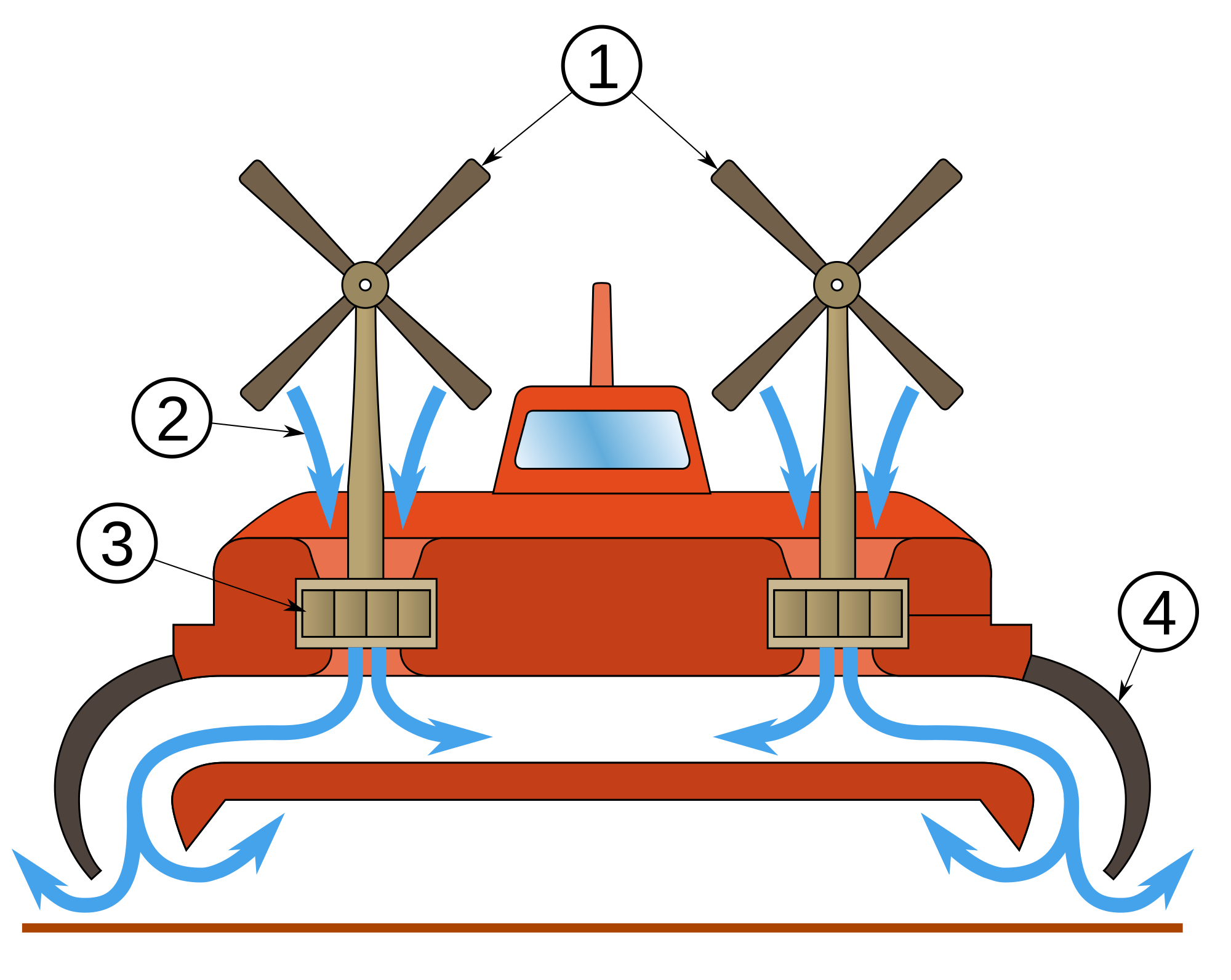
How a hovercraft works
Technology Transfer
Term: Technological advances that form the basis of new designs may be applied to the development of different types of products/systems, for example, laser technology.
- Open University on Transfer
- Laser transferred into surgery or audio or data CDs
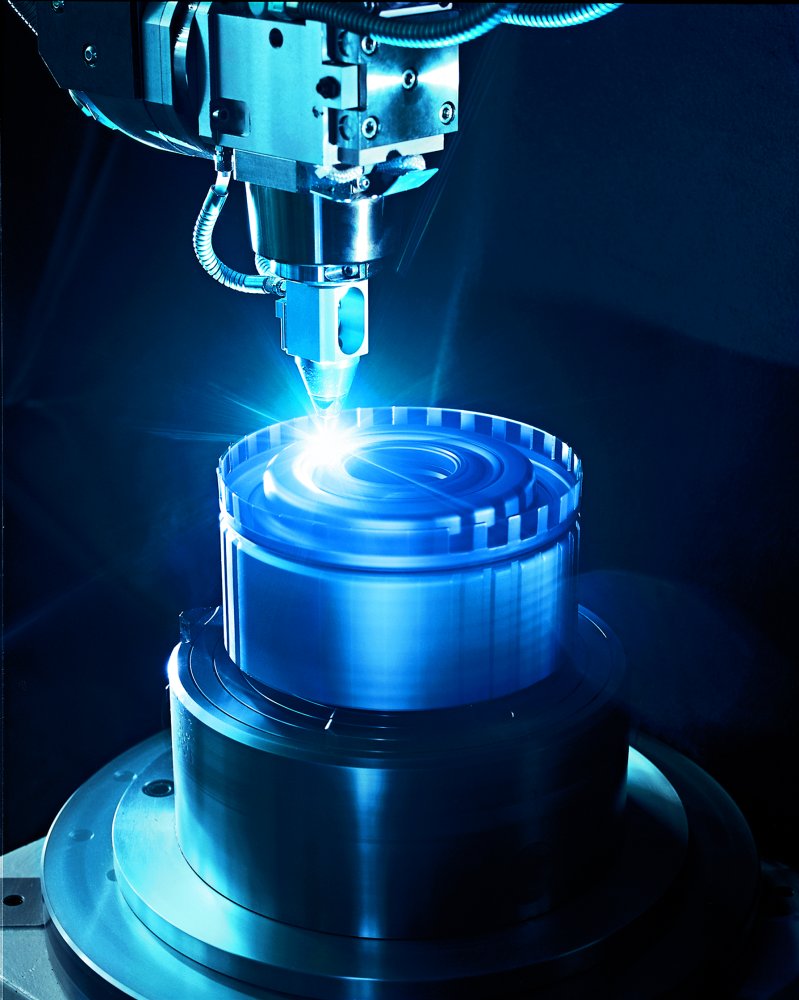 |
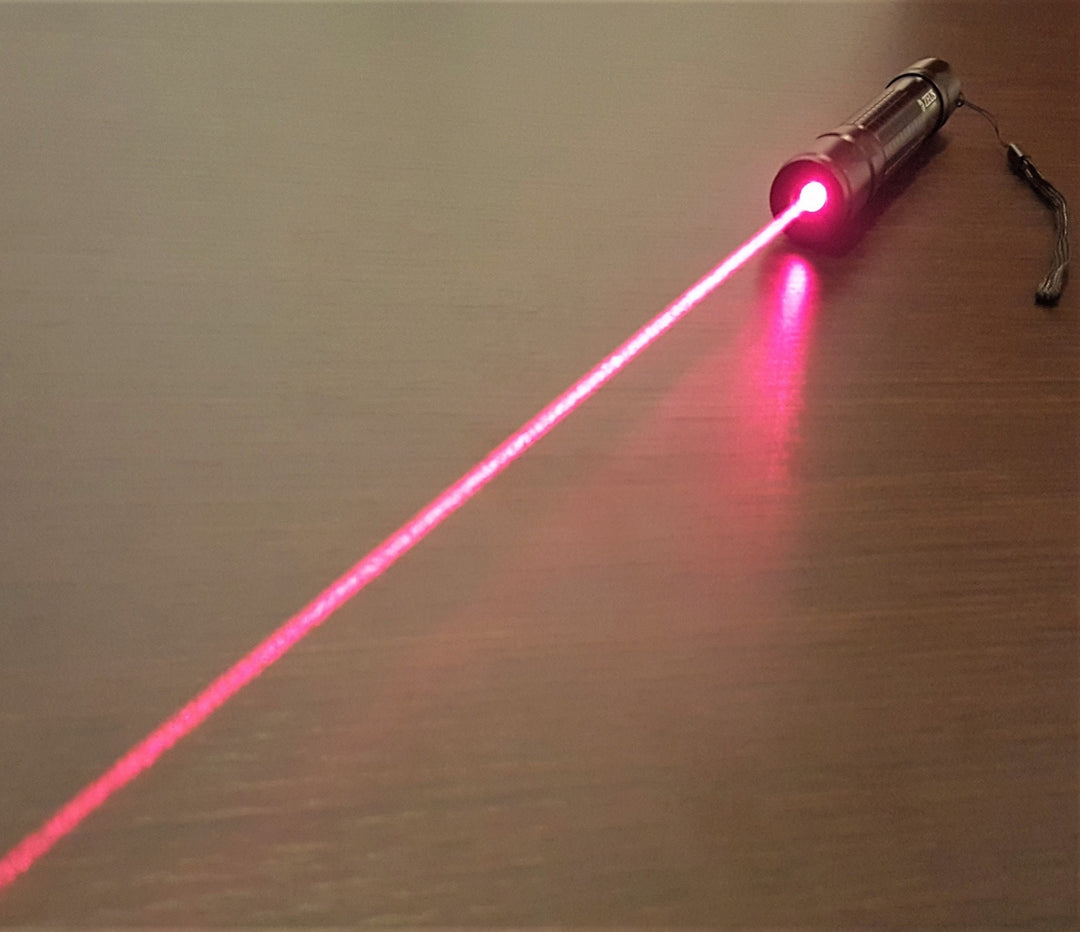 |
Analogy
Term: An idea from one context is used to stimulate ideas for solving a problem in another context.
- Open University on Analogy
- Sonar modelled on how bats navigate.
 |
 |
Chance
Term: An unexpected discovery leads to a new idea.
- Open University on Chance
- Velcro was developed when a chap walking with his dog found lots of seed pods stuck to his socks and dog. He looked under the microscope and made his discovery of the pods having many little hooks.
 |
|
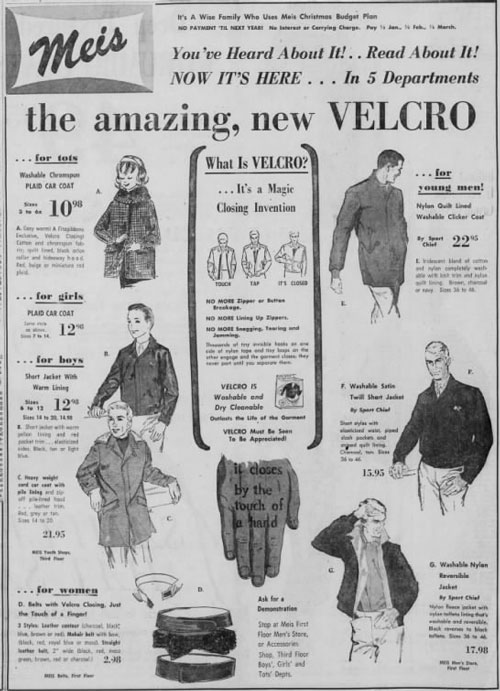 |
Technology Push
Term: Scientific research leads to advances in technology that underpin new ideas.
- This is where the driving force for a new design emerges from a technological development.
- Open University on Technology Push
- The Sony walkman is an example. Read the story how behind it by following the link above or from the image. Basically there was no market need for it. A company employee didn’t like how heavy and big the current portable players were.
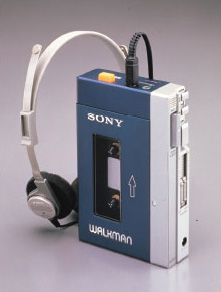 |
© Chappatte – www.globecartoon.com – “Here comes the iPad” |
Market Pull
Term: A new idea is needed as a result of demand from the marketplace.
- Open University on Mark Pull
- The car market which has separate segments for the supermini, family cars, mini-vans, executive cars, sports cars, SUV, and so on.
Activity: Describe one design context for each of the strategies listed above where they have been applied.
Theory of knowledge
Design is continually changing due to its openness to new ideas. Do other areas of knowledge recognize new influences to the same extent?
Something Extra …
“Technology” Push approaches:
- Typified by programs, but not necessarily software programs
- Internal development comes up with a patent or a technological device to fulfill the need of a customer
- Has high market related risk because application is not known
- Has low technology related risk because application is known
- Innovation is created, then appropriate applications are sought to fit the innovation
- Did the market ask “please give me an iPod with download store” or a camera phone? Most likely not; so this would be a technology push,.
“Market” Pull approaches:
- Implemented on platforms
- Platforms are open ended and can evolve based on changing needs
- Has low market related risk because application is known
- Has low technology related risk because solution is not known
- When the market asks for better safety features in a car then this would be market pull.
Theory of Knowledge
Design is continually changing due to its openness to new ideas. Do other areas of knowledge recognize new influences to the same extent?
Something Extra …
Open University lesson on Invention and Innovation
